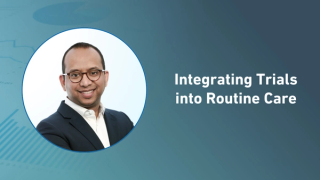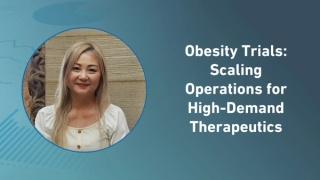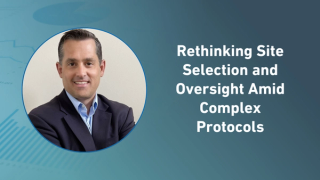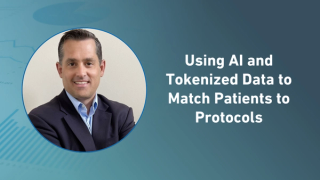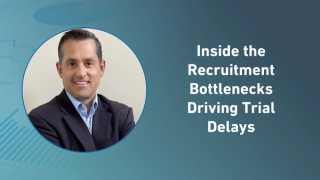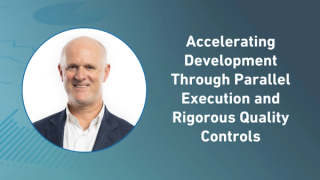
Protocol Design
Latest News
Latest Videos

Shorts
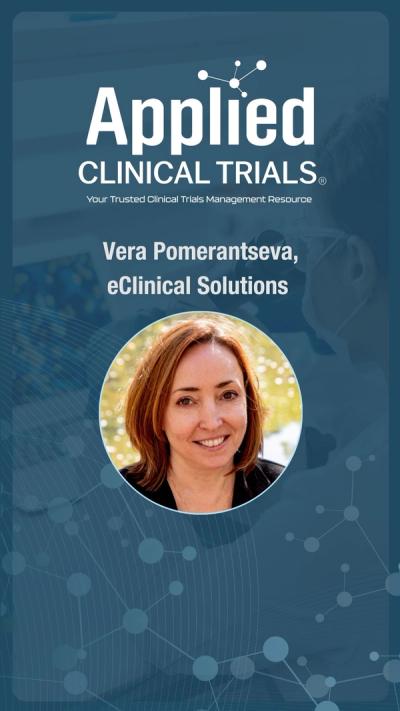
More News

An analysis of primary Phase II protocols paired with their Phase III pivotal trials spotlights the need to balance scientific curiosity with participant and site burden.

In this Q&A, Randa Wahid of Indero, and Lyn Mursalo, a freelance clinical research professional, share how sponsors and CROs can build collaborative partnerships, navigate global trial complexities, and apply practical strategies to deliver studies on time and with quality.

How decentralized clinical trial designs and smart data integration are transforming the patient experience.

A 2025 survey highlights growing momentum for multi-indication drug development, with opportunities in innovative trial design, targeted patient selection, and real-world evidence to speed label expansion.

In this video interview, Meri Beckwith, Co-CEO of Lindus Health, shares practical ways clinical teams can strengthen trial protocols for expedited programs—such as incorporating control groups where possible, leveraging synthetic and real-world data, and adopting adaptive trial designs to reduce regulatory risk.
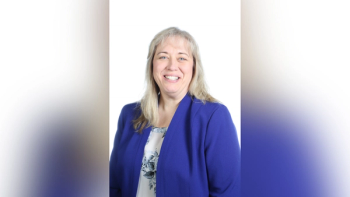
As clinical trials become more complex, success depends on early collaboration, thoughtful protocol design, and practical strategies to manage risk, reduce delays, and support patients.

In this video interview, Heather Horville, solutions consultant at Greenphire, emphasizes the growing need for clinical operations to embed patient-centric services—from consent through final visit—to improve retention and overall trial success.

In this video interview, Heather Horville, solutions consultant at Greenphire, discusses how clinical teams can boost participant retention in lengthy or complex trials through strategies like personalized engagement, stipends tied to ePRO diaries, and concierge services that offer one-to-one human connection.

In this video interview, Heather Horville, solutions consultant at Greenphire, shares how patient advocacy, localized insights, and real-world logistics can help clinical operations teams design studies that are more accessible to rural and minority populations.

In this video interview, Heather Horville, solutions consultant at Greenphire, discusses how growing financial and logistical burdens on participants are threatening study timelines and data quality—and why planning for retention earlier is becoming a clinops imperative.

Why future-ready pharma companies must embrace AI-driven, real-time decision-making.

In this video interview, Jim Kremidas, executive director, Association for MultiSite Research Corporations (AMRC), talks multisite clinical research corporations and how they can streamline clinical operations.

An article published by the Journal of the American Medical Association highlights recent updates made to the CONSORT checklist and how they ensure the accuracy of trial reports.

In this video interview, Derek Ansel, vice president, therapeutic strategy lead, rare disease, Worldwide Clinical Trials, discusses the most prominent challenges he is seeing in the space right now including competing research priorities and finding endpoints.

An increase in protocol complexity is paving the way for machine learning models to optimize trial design.

In this video interview, Thierry Escudier, portfolio lead, Pistoia Alliance, discusses how an emphasis on patient centricity can encourage more sustainable trial designs.

In this video interview, Thierry Escudier, portfolio lead, Pistoia Alliance, talks the current landscape of sustainability in clinical trials and how stakeholders are beginning to pay more attention to carbon footprint amid increasing protocol complexity.

COVID-19 not only advanced scientific boundaries, but also transformed research methodologies and accelerated adaptive clinical trial design.

In this video interview, Cameron Breze, product manager, Inovalon, highlights current trends with decentralization and how a dual approach can ensure flexibility across different therapeutic areas.

In this video interview, Cameron Breze, product manager, Inovalon, talks clinical technology and how the industry is working to increase comfortability with its implementation.

In this video interview, Vera Pomerantseva, director of product management, RBQM, eClinical Solutions, talks FDA’s latest protocol deviation guidance and potential changes to the draft.

In this video interview, Vera Pomerantseva, director of product management, RBQM, eClinical Solutions, discusses the importance of open dialogue during risk assessments.

How targeted AI can improve the performance of clinical trials.
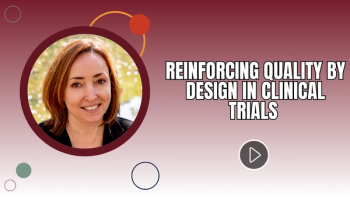
In this video interview, Vera Pomerantseva, director of product management, RBQM, eClinical Solutions, highlights FDA’s recent protocol deviations guidance and how it reinforces previous recommendations from industry.

In this video interview, Pomerantseva, director of product management, RBQM, eClinical Solutions, discusses the new guidance and its level of detail on the different types of protocol deviations.






